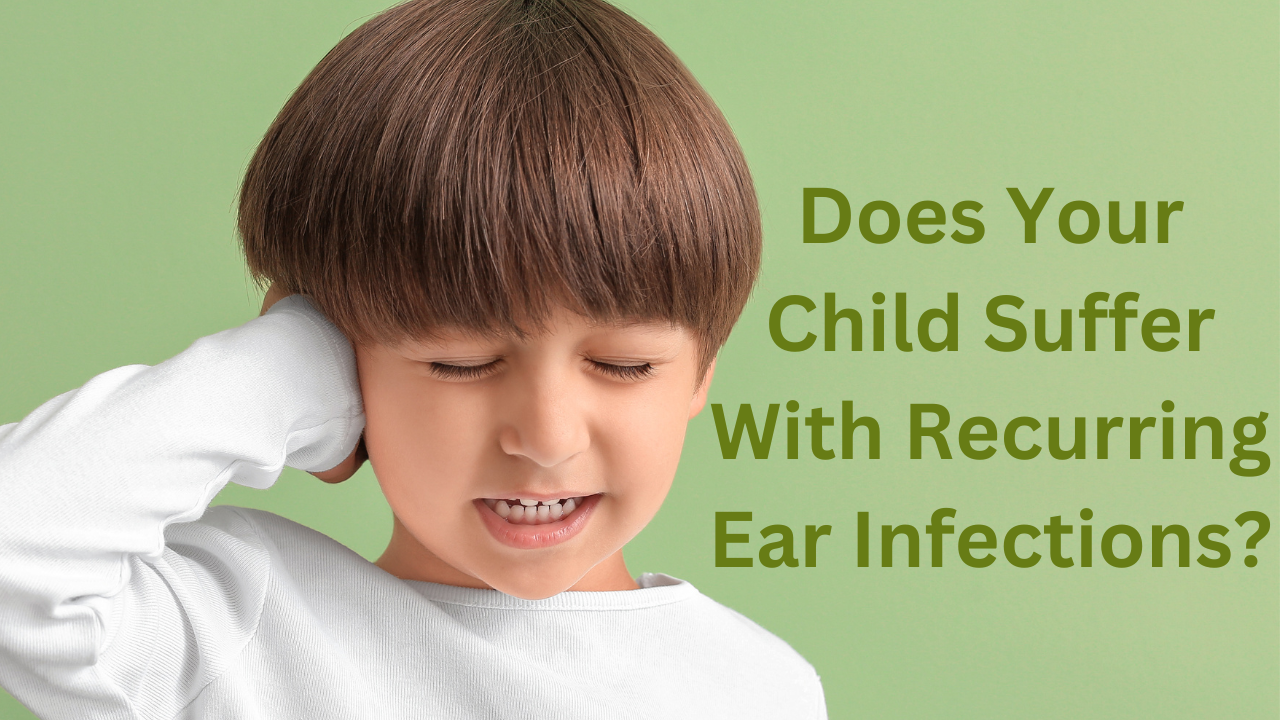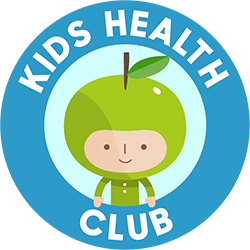Recurring Ear Infections

Childhood Ear Infections
Ear infections are the leading cause for antibiotic prescriptions in children. The highest incidence occurs between 6 and 24 months of age, a critical period when the immune system and friendly bacteria are maturing—both of which can be negatively affected by antibiotics. In an era where bacterial resistance to antibiotics is increasing, over-prescription and uncertainty about the long-term effectiveness of antibiotics necessitate a shift towards prevention.
Breaking the Cycle of Ear Infections
Main Risk Factors and Prevention Strategies
Spontaneous Resolution of Ear Infections Most ear infections (90-95%) resolve just as quickly without antibiotics. Antibiotics not only are often unnecessary but can also increase the risk of another ear infection within three months.
Breastfeeding Breastfeeding significantly reduces the risk of ear infections. Even a few days of breastfeeding can lower the risk, with further reductions linked to longer and exclusive breastfeeding. Health organizations recommend exclusive breastfeeding for six months and continued breastfeeding along with solid foods for about two years.
Childhood Nutritional Deficiencies
- Zinc: Low zinc levels are linked to recurrent ear infections. In countries with zinc-deficient soil, supplementation is often necessary.
- Selenium: Crucial for the immune system, selenium deficiency can be addressed by consuming Brazil nuts or supplements.
- Vitamin C: Vital for fighting infections, it should be included in a diet rich in fruits and vegetables.
- Vitamin D: Produced in response to sunlight, this vitamin helps prevent infections. Supplements are recommended, especially in winter or in regions far from the equator.
- Vitamin A: Essential for mucosal health and immune function, it can be obtained from foods rich in beta-carotene or through supplements.
Probiotics Probiotics support immune function, especially following antibiotic use. They can be taken as supplements or consumed through fermented foods.
Foods and Herbs
- Immune-boosting foods and herbs: Garlic, ginger, short-term echinacea, and elderberry can enhance the immune system.
- Allergy Management: Identifying and avoiding allergenic foods can prevent ear infections. Common allergens like dairy may cause mucosal swelling, leading to ear infections.
Lifestyle Factors
Adequate sleep, exercise, and outdoor play are crucial for a strong immune system. Ensuring your child gets enough sleep (12-14 hours for ages 1-3) and at least an hour of active outdoor play daily can significantly reduce the risk of infections.


